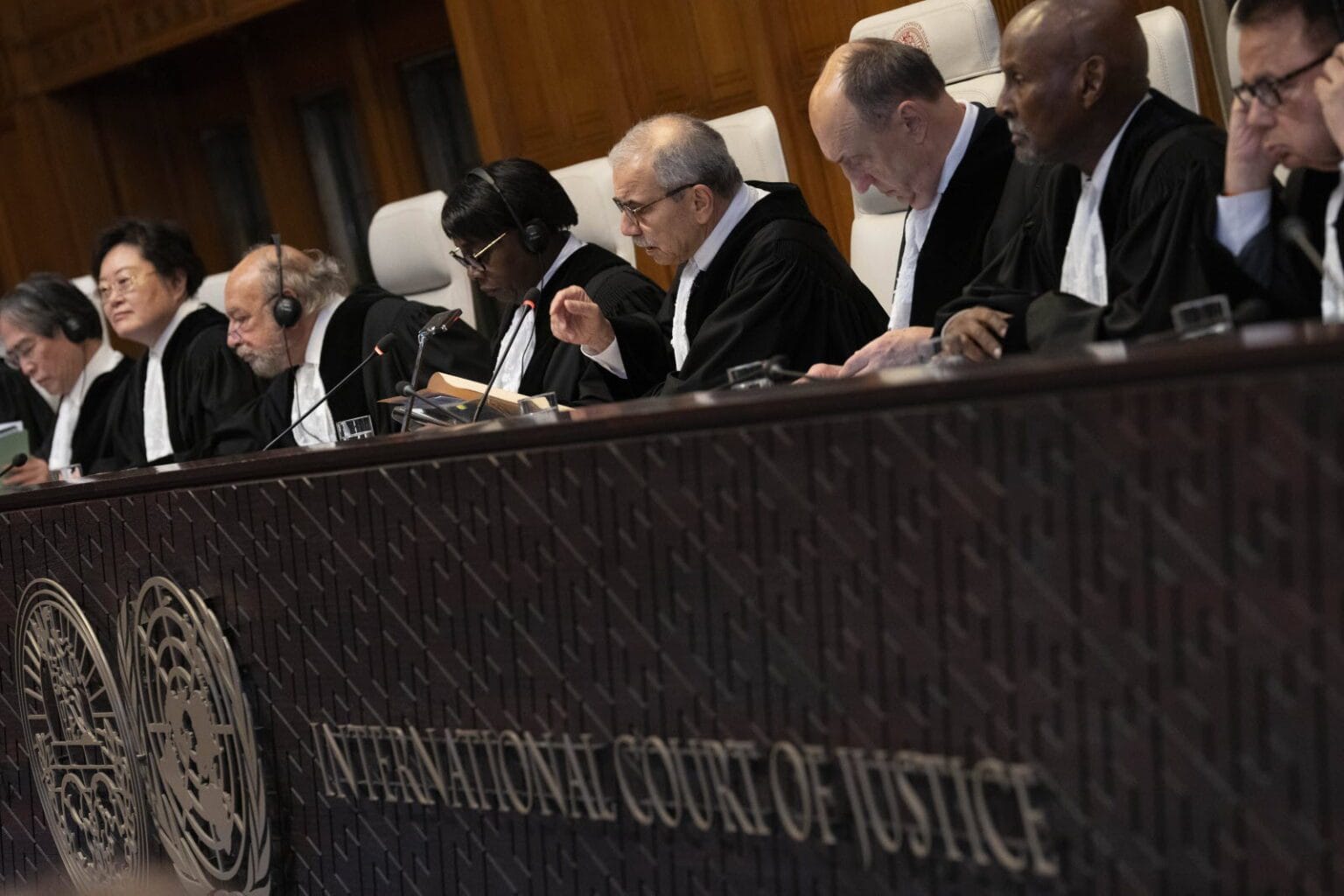Since December 2, the Peace Palace in the Netherlands has brought together representatives from nearly a hundred countries and twelve international entities for an unprecedented trial: defining the obligations of states in the face of climate change. Over two weeks, the International Court of Justice (ICJ) will examine the arguments of the parties before issuing an advisory opinion in 2025 that could profoundly influence global climate law.
**A key moment for future generations**
Ralph Regenvanu, special envoy for climate change from Vanuatu, described this procedure as a “turning point in the global fight against climate change.” At stake are crucial answers: what responsibilities do states have, under international law, to protect the environment from greenhouse gas emissions? And what are the legal consequences for states in case of failure to meet these obligations?
Although the ICJ’s opinion will not be binding, its moral and legal authority could serve as a guide for national and international courts, giving Southern countries a unique opportunity to have their voices heard on an equal footing with major powers, which often dominate other forums like the COPs.
**A mobilization initiated by young people from the Pacific**
This case originates from a 2019 initiative led by students from the University of the South Pacific and expanded into a global coalition: World’s Youth for Climate Justice. Supported by 130 states, their campaign led, in March 2023, to a historic resolution from the United Nations General Assembly requesting the ICJ’s opinion.
**Heated debates and global stakes**
While island nations like Antigua and Barbuda call for strong decisions, others, such as Saudi Arabia and Australia, advocate for limiting legal climate obligations. Major fossil fuel producers and countries historically responsible for emissions firmly oppose the judicialization of the climate debate.
However, the ICJ can rely on recent precedents, such as the decision of the International Tribunal for the Law of the Sea affirming states’ obligations against climate-related marine pollution, or the ruling of the European Court of Human Rights condemning Switzerland for its climate inaction.
**Towards strengthened climate justice?**
This procedure could provide a solid legal basis for holding states accountable in cases of climate damage. “An ambitious opinion would be an essential compass,” says Joie Chowdhury, an environmental law expert. For Southern countries and climate justice advocates, it is a hope to break political inertia and give new momentum to the Paris Agreement.
As China, the United States, and France speak this week, the whole world is waiting to see if this historic trial will finally anchor the climate fight in international law.


